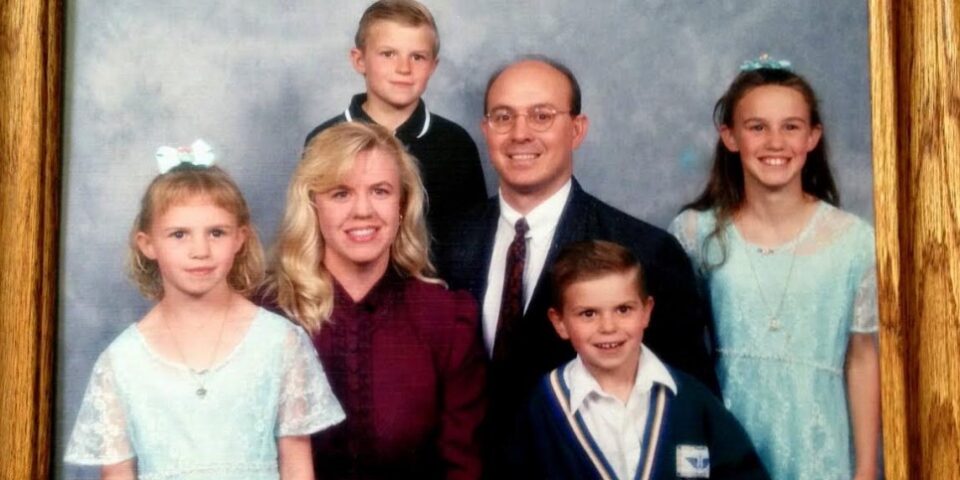I am the 7th of 9 children born under the covenant, of goodly parents. I was born feminist. As a child, I was an avid student and very eager to learn about the world around me. I was competitive and saw that knowledge and skills were a better benchmark than gender.
I held leadership roles in my teenage years, including being a co-president (with another male) in the stake seminary council. I spent the summer of my junior year of high school serving a youth mission for the church on a Navajo reservation in Arizona. I went to BYU, like all of my siblings before me, and immersed myself in philosophy, religion and science. I fell in love and married in the temple. My husband and I will celebrate our 27th wedding anniversary this year, and we have four adult children.
As an adult I have held leadership positions as a YW president, RS education counselor, member of the Stake Primary presidency,as well as many music and activity positions. In addition to raising four children I have completed degrees in psychology, health care and business administration.
I am an active searcher for knowledge and truth in all aspects of my life. My theology tells me I am here to gain a body, gain knowledge, prepare for further light and knowledge, and reach my optimal potential. I take that very seriously.
It was not until I became an adult that church proscribed gender roles impacted more than just a few aspects of my life. It only took a few experiences on my spiritual journey to recognize that I had a conflict in my personal theology. I could not reach my optimal potential if I stayed within the prescribed female roles of the Church. As a woman, I wanted more than to bear and raise children. I knew more than most men and I could not and would not subjugate myself to their authority if I felt their decisions were not in my best interest. For the most part I was treated with equity, but the few times I was not were moments of clarity in my soul and my integrity compelled me to depart a community where I could not fully thrive.
My heart and energy remains in solidarity with Ordain Women as they seek to find a place within the theological and administrative roles of the Church. I hope their spiritual voices are being heard so they can have an opportunity to gain further light and knowledge for themselves and their families. As a professional woman who has had ample opportunity to expand my scope and skills outside the Church, I feel women have tremendous presence and skills that would benefit all parts of their spiritual and social community. I believe that women should be ordained.






